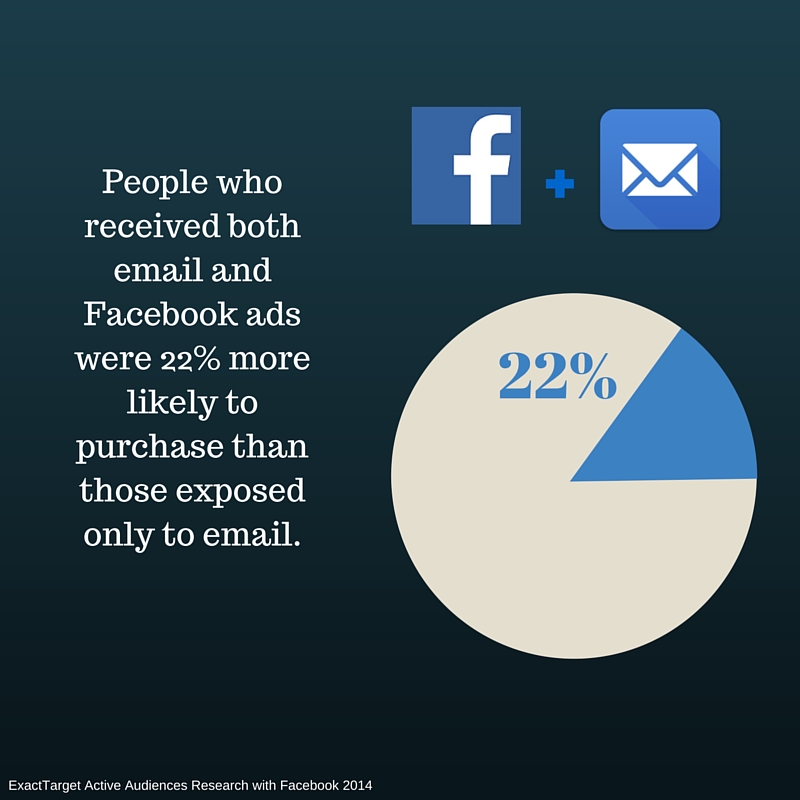
Get your FREE 30-day trial.
Start by selecting a product:
To those who are confident in their assumption that email is on its way out for business, don't be so sure. Email might have been knocked from the top spot of cool ways to communicate by social and live chat at the point where mobile surged ahead of the humble PC. But, it's a survivor. It's following the adapt or die rule - and, the evolution is impressive. Email has carved an essential place for itself in business communications as the critical companion to instant communication, and the go to method of personalising relationships.
Email entered the mainstream in the mid-90s, with services including Yahoo and Hotmail giving computer users a reason get online. Quickly emerging as the postal service’s worst nightmare, email was the dominant tool for meaty dialogue. But then something happened. Email became a victim of its popularity. The torrent of email, both personal and unsolicited, raised the bar for open rates. We got better at ignoring emails that didn’t require our immediate attention, but spent more time unclogging our inboxes. Workplace productivity began to suffer.
More recently, apps and social media have turned a new generation of digital natives on to instant forms of communication better suited to everyday banter. And though still many operate email accounts, for many the act of emailing is old hat - simply a mechanism to satisfy sign-up requirements to apps and web services. Meanwhile, quick salutation-free exchanges that define so much of today’s communication have grown as extensions of ourselves, taking form as a reflexive thumbing action so natural that it comes with its own language that speeds message processing and response times.
However, e-mail still holds certain advantages over newer forms of digital communication that so easily vanish into the digital ether. Email has a permanence: the systems that manage it are designed to retain information and provide search functions that make it quick and easy to locate important documents and files – perfect for managing sign-up information, travel itineraries, utility bills, and online shopping orders and receipts.
Studies also show that email combined with predictive marketing increases revenue. Salesforce Marketing Cloud teamed up with Facebook to measure the impact of email communication that was coordinated with Facebook ads, and found that people who received both email and Facebook ads were 22% more likely to purchase than those exposed only to email. (See research HERE)

So while marketers flock to social platforms to promote their brands to a large audience, email is the best place for one-to-one dialogue. And as email addresses are linked to customer profiles, they form connective tissue that binds social platforms with more intimate discourse, providing the bridge for marketers to deliver a richer brand experience.
These characteristics are key to more personalised marketing.
Modern furniture provider Room & Board shows how it’s done. Room & Board learns a great deal from the browsing activity of their registered customers. The intelligence prompts emails that feature a range of products recommended on the basis of browsing habits. And when customers reach checkout and confirm their purchases, automated emails keep customers in the loop, from questions to order confirmation, to delivery times, and even product ratings and reviews.
Fitness tracker and wearable device maker Fitbit is another example of how email can raise customer relationships up a notch. Each week I receive emails that show my activity stats and how my effort ranks among friends.
That’s nice, but the really smart bit is predictive communication – emails telling me when my battery is low. I’m never without my data and Fitbit keeps me on the customer journey.
Email competes with a growing number of channels, but it’s not going away. In fact, for many brands, email is more important than it once was, delivering both a permanent record of what happened and more predictive information that helps customers get more from brands in their lives.
Rated as a category leader by business software review site G2 Crowd, the Salesforce Marketing Cloud is trusted by the largest email senders in the world for security, availability, scalability, and innovation. From promotions to sales and service, the Marketing Cloud email platform delivers personalised email at every stage of the customer journey, supporting a one-to-one experience that does justice to your brand.
Download the G2 report here to see the full review.